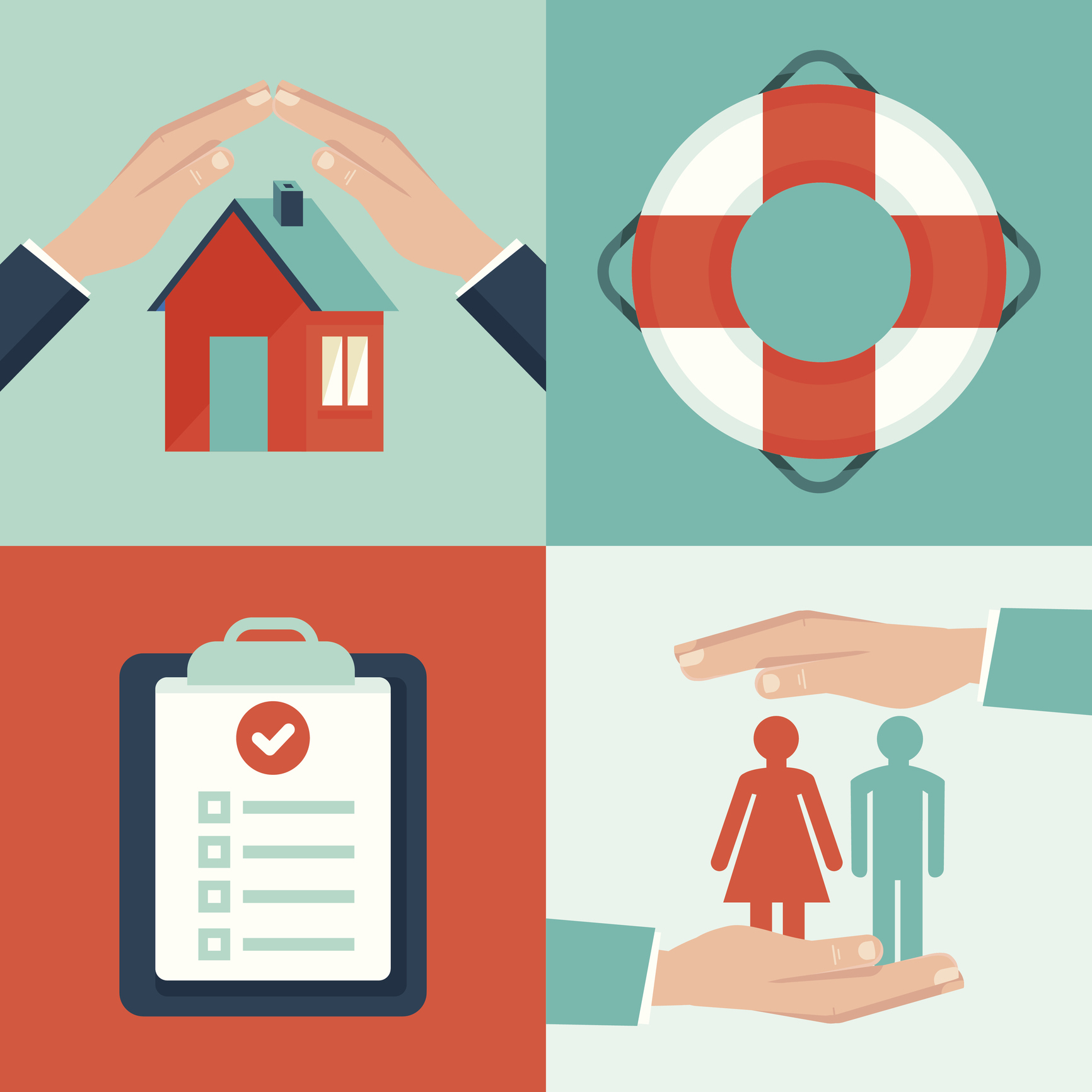
Ensure that wherever you are, you must have the necessary information and equipment to be able to run your business says Kerry Dawson
We’ve all had that “OMG” moment. We’re watching the TV, and there are severe weather warnings in place but we gently dismiss these as something that doesn’t affect us and go back to our family lives. But what happens when that warning has personal consequences that you had not prepared for?
What if your office was flooded out overnight? If your company PCs and paper records were lost, would you have a backup system in place? How quickly would you be able to get your colleagues back to business?
That is exactly what happened in Leeds, Yorkshire on 27 December 2015 when hundreds of flood alerts and warnings were in place across the UK. For us, the River Aire in Leeds reached “record levels” at 23:00 GMT with many of the roads in the centre of the city under water.
It was time to reach for the emergency kit.
Your Grab Bag
Your quick access emergency kit (also known as a “grab bag”) is your on-the-go office contained in a handy waterproof backpack. I suggest that as well as having grab bags for your executives, you personally ensure that you have two grab bags which are a carbon copy of one another, one to be kept at work and one at home.
The first question to ask is “If disaster strikes, what am I going to need?” You need to ensure that wherever you are, you have the necessary information and equipment to be able to run your business.
Consider alternative physical locations. If your office floods can you work from home? Will you be able to travel? Can you work out of another of your company offices in a different city? Will you need to find temporary office space for a number of people quickly? How will you keep your colleagues/clients informed? Will your colleagues have their own laptops? Will you need to source new computers and other technologies to get back up and running? Ensure that you have the telephone numbers for your insurance company so that you can move quickly in finding temporary, fully furnished, office space that can cater for your needs.
Agree on your Business Continuity Plan for Disaster Recovery with your executives, and keep up-to-date printed copies in your grab bags, stored in water-resistant document pouches. Your grab bag must be kept in a safe and secure place, as high up as possible whilst still being accessible. The items within it are the absolute bare minimum that you need to run your office or business in the event of a crisis.
Contents of Your Grab Bag
- A fully charged laptop/tablet and associated power plugs
- A fully charged mobile phone and charger (make sure this phone has the mobile phone numbers of all your key contacts stored)
- Mobile Wi-Fi dongle
- Ethernet network cable
- A copy of the company insurance policy documents
- A printed copy of your email contacts including details of your key clients, suppliers, and critical recovery contacts
- A breakdown of the roles and responsibilities of the Incident Management Team (IMT) which should include contact information for your executive team, security personnel, maintenance personnel, IT personnel and key departmental team members and give details of their home phone number, business mobile number, personal mobile number, personal email address and emergency family contact information
- A master set of office keys
- A copy of your building floor plans
- Basic office supplies
- A list of temporary office space suppliers based in surrounding cities
- A list of office equipment suppliers
The above list is not exhaustive and reflects what I have in my grab bag. Every business is different and your grab bag content should reflect your own company’s particular needs.
Back up your files to the Cloud
A lot of companies now do this automatically to an external data centre. However, if you are working in a small company, you need to consider backing up your files onto an external hard-drive or preferably in the Cloud. There are several cloud storage and syncing services such as Google Drive, One Drive and Dropbox, which mean that should the worst happen and you lose your PC, your data is safe and accessible from anywhere in the world.
Only you know what your business needs to be better prepared. Undertake a risk analysis of what could happen, and by expecting the unexpected you will be better prepared for all kinds of emergencies.












